Results: Cultural Beliefs That Accept More Than Two Genders Part 1
Published on 02/27/2023
While some hold fast to the concept of only two genders, many cultures have long believed that this is not true. For these cultures, the concept of someone not identifying strictly as male or female was just not that hard to grasp.
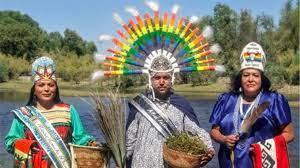
QUESTIONS
GO to COMMENTS
Comments
1.
1.
Two-spirit in native North American Navajo culture -- For many native North American cultures, transgender individuals are known as "two-spirit." Identifying with masculinity as well as femininity, two-spirit people are often said to contain both male and female 'spirits'. They're often revered in their communities, seen as a channel between the physical and spiritual. For Zuni, a native American tribe, the term for a two-spirited person is 'lhamana'. We'wha—the most famous lhamana was born in male body—wore a mixture of men's and women's clothing. We'wha spent time performing 'women's tasks' such as cooking, gathering food, and serving as a mediator in the Zuni tribe in what is now New Mexico. We'wha was not even close to the only "two-spirit" native North American. Many other tribes have their own terms for a tribe member living in one body but who has the spirit of more than one person. Were you familiar with this cultural concept?

Yes
21%
467 votes
No
79%
1733 votes
2.
2.
Fa'afafines and Fa'afatamas in Samoa -- In traditional Samoan culture, boys born into male bodies who identify as female are known as 'Fa'afafines'. They are fully accepted into the Samoan culture. Fa'afafines' roles in society move fluidly between the traditional male and female. While they're assigned male at birth, Samoa also recognises 'Fa'afatamas'—an equally fluid gender for those assigned female at birth. "Gender roles, even sexual desire, are shaped to suit society. That means gender identity is often hugely shaped by culture. Being a woman in Samoa is quite different from being a woman in Western society," explained a woman in a National Geographic video on sexual identity in Samoan culture. In Samoan culture, gender identity is as simple as it gets—if you say and feel you are neither male or female, or that you fluctuate between both genders, this will simply be accepted by society. This is a social norm that the rest of the world could really learn from. Have you heard about this culture?
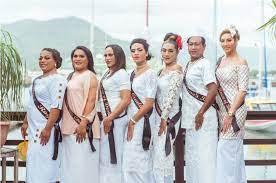
Yes
12%
261 votes
No
88%
1939 votes
3.
3.
Sekrata in Madagascar -- In Madagascar, the Sakalava people recognised a third gender called 'Sekrata'. Boys in Sakalava communities who exhibit traditionally feminine behaviour or personalities are raised by parents as girls from a very young age. Instead of labelling these boys as 'gay', they are seen as having a male body and identifying as a female. Sexual preference is not a factor for the Sakalava and raising a child in this third gender is natural and widely accepted in the community's social fabric. Have you heard of this culture?
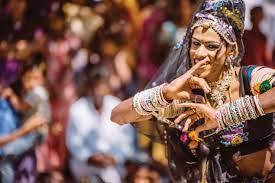
Yes
7%
164 votes
No
93%
2036 votes
4.
4.
Muxes in Juchitán de Zaragoza, Mexico -- In the small town of Juchitán de Zaragoza in southern Oaxaca State, Mexico, live the 'muxes'—people born in a male's body but who identify as neither female nor male. Muxes are part of ancient culture and are well-known in the town. Traditionally, muxes would be admired for their talent in embroidery, hairstyling, cooking, and craft work. However, Naomy Mendez Romero, who shared photographs and her story with The New York Times, is an industrial engineer—challenging limits on muxes by entering a career path more often viewed as male. Were you familiar with this culture?
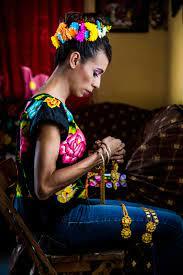
Yes
8%
165 votes
No
93%
2035 votes
5.
5.
Sworn virgins in Albania -- Balkan 'sworn virgins' are women who take a vow of chastity and wear male clothing in order to live as men in patriarchal Northern Albanian society, Kosovo and Montenegro. To a lesser extent, the practice exists, or has previously existed, in other parts of the western Balkans, including Bosnia, Dalmatia (Croatia), Serbia and Macedonia. By taking on this identity, sworn virgins are elevated to the status of a man, entitled to the rights and privileges of the patriarchy. National Geographic's documentary TV series Taboo (aired in 2002) estimated at that time that there were fewer than 102 Albanian sworn virgins left. Were you aware of this?
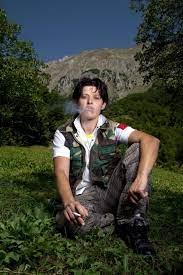
Yes
8%
165 votes
No
93%
2035 votes
COMMENTS


